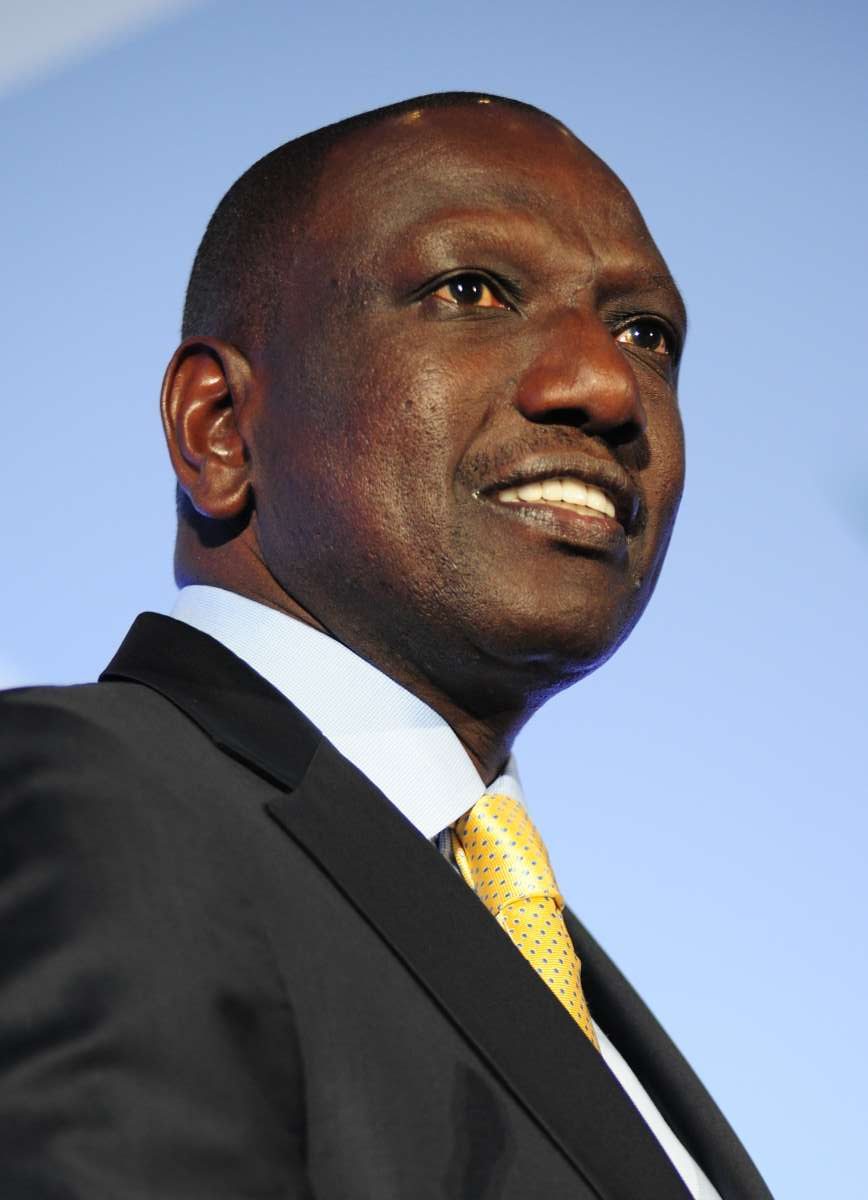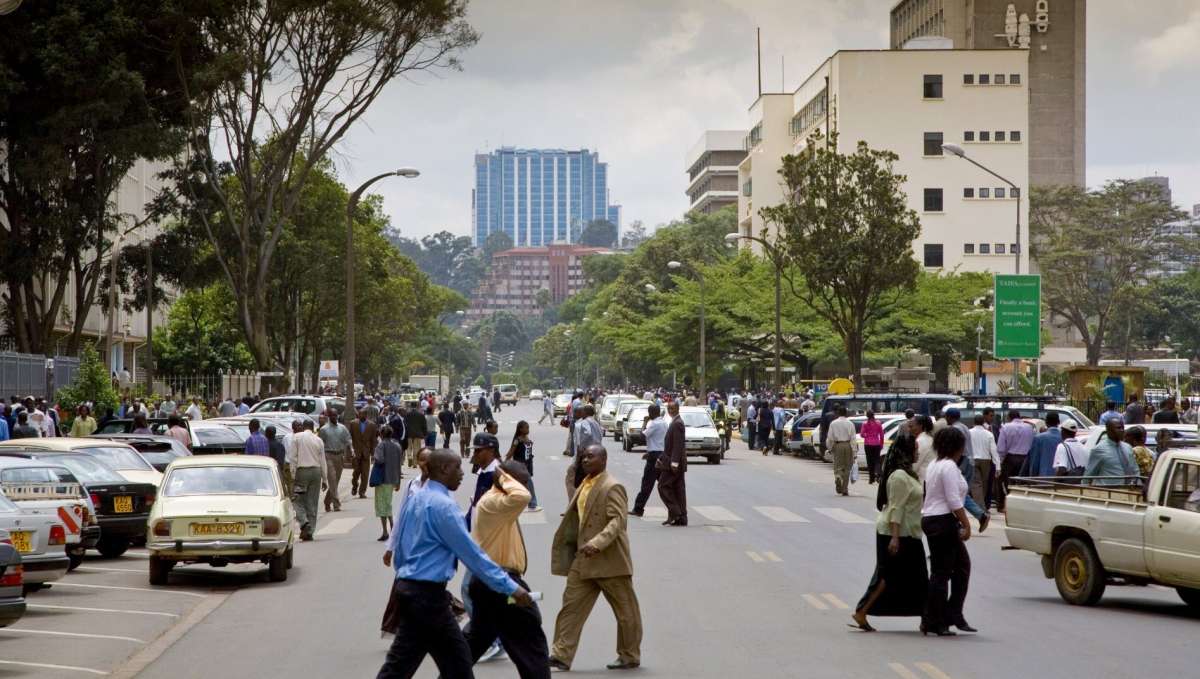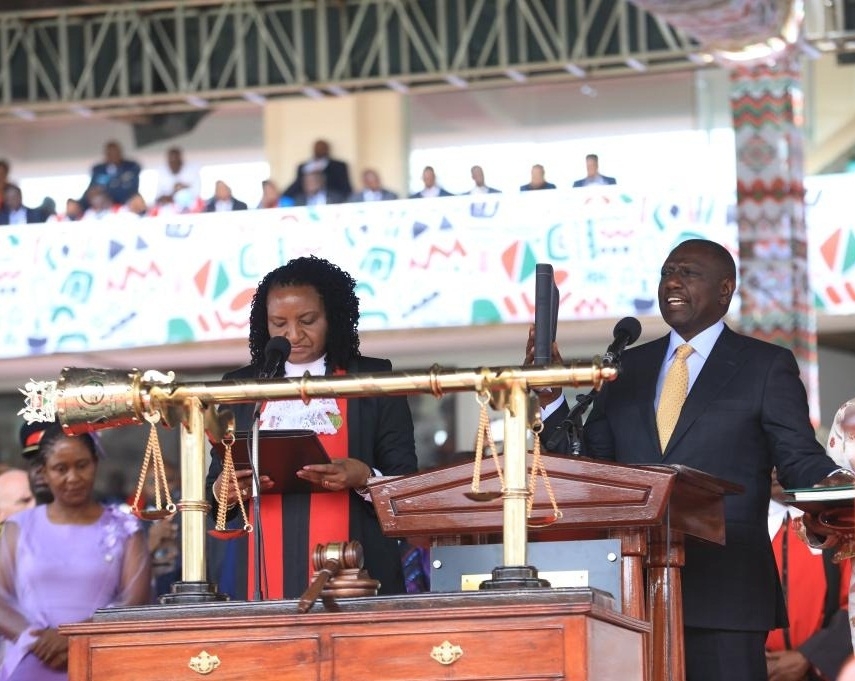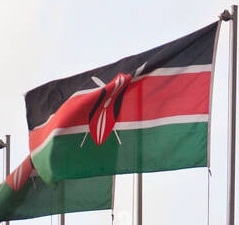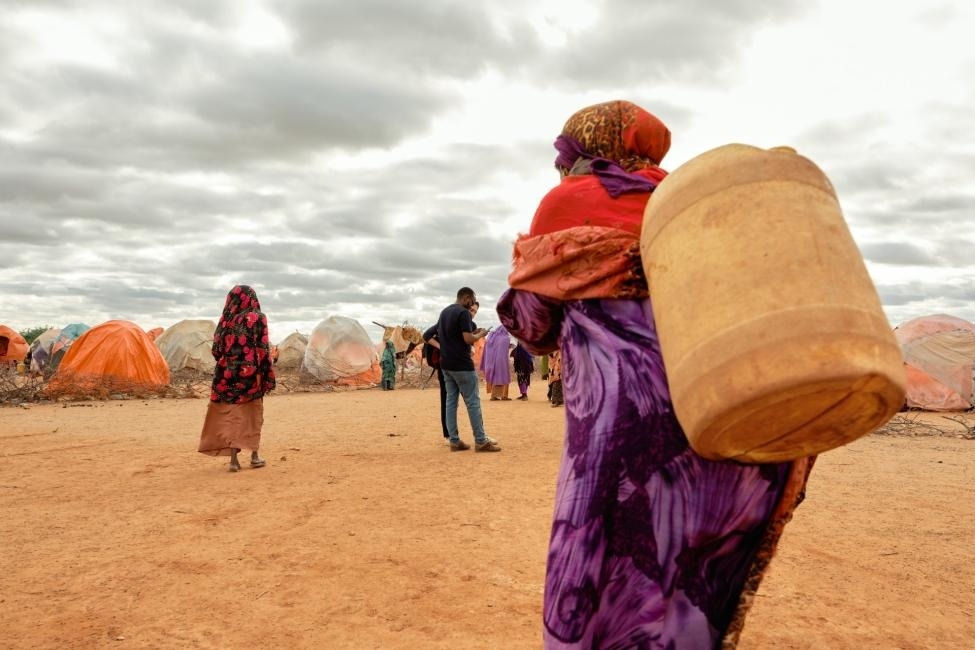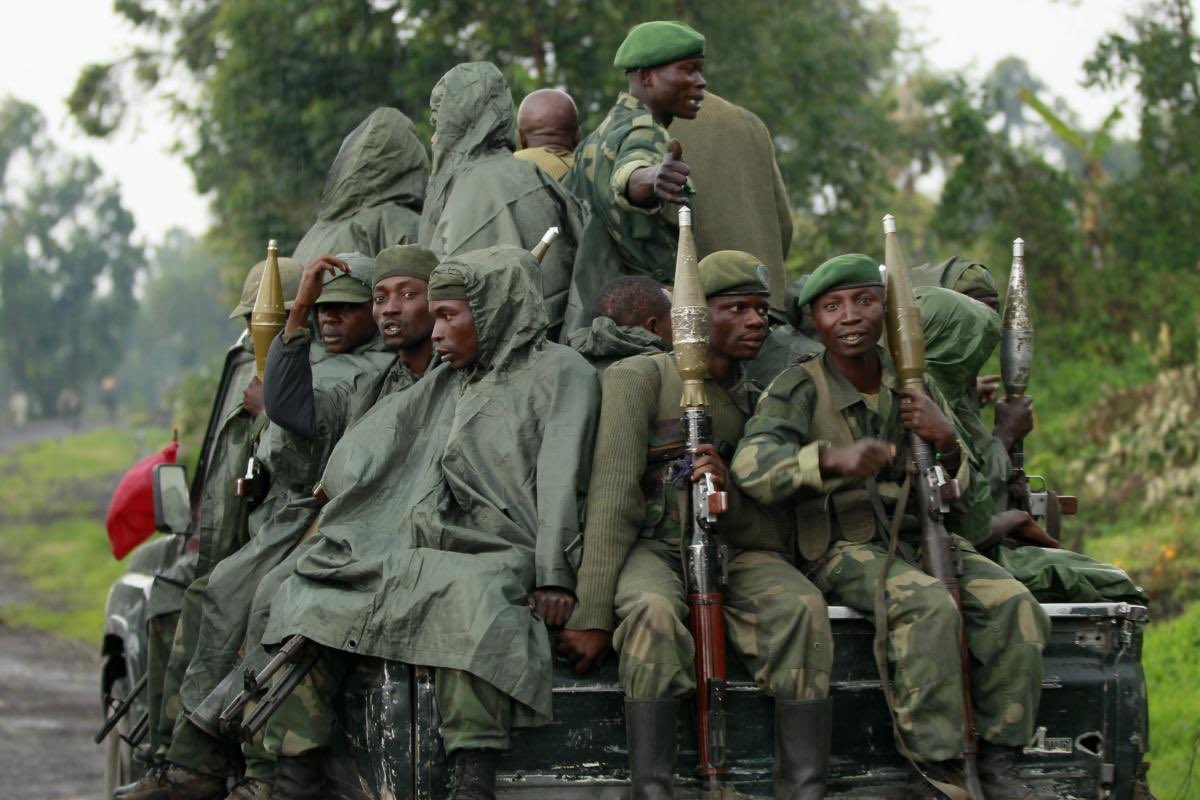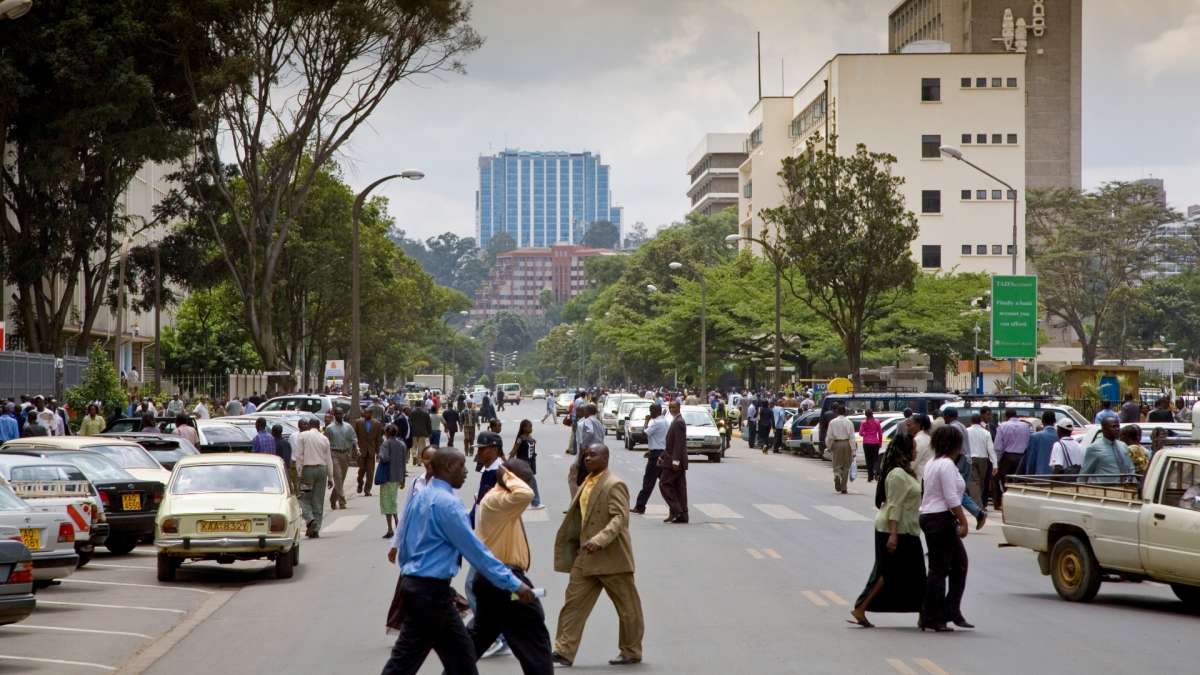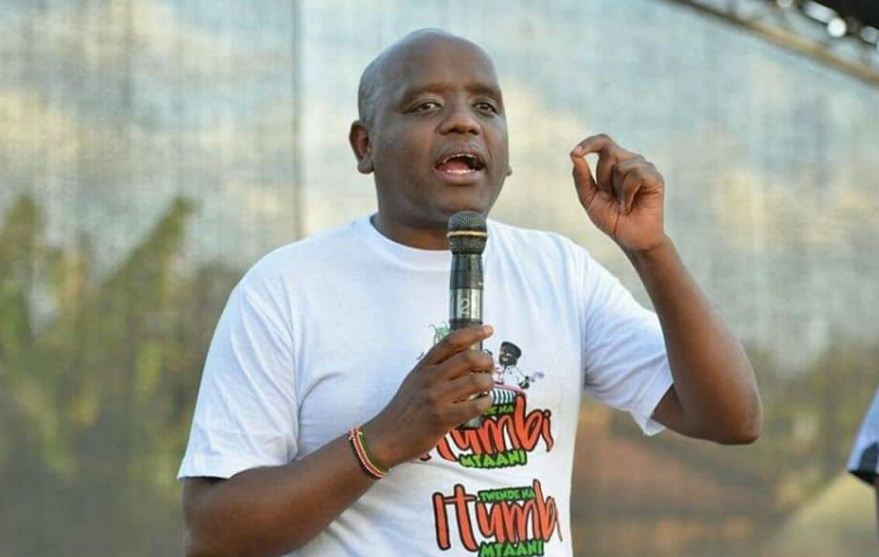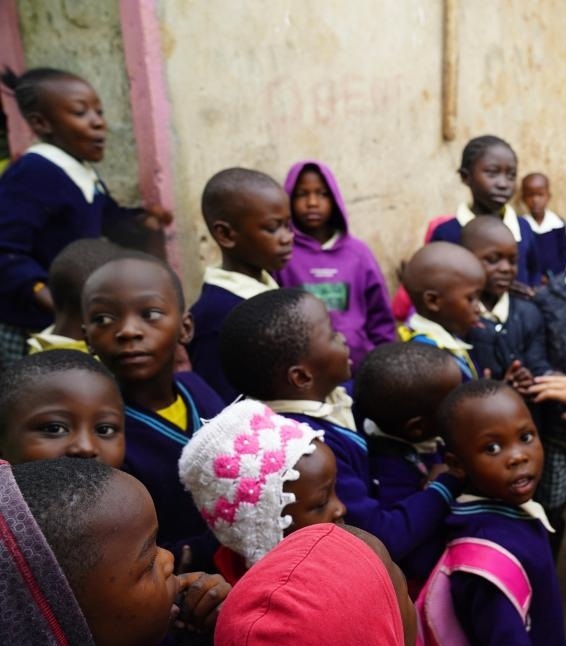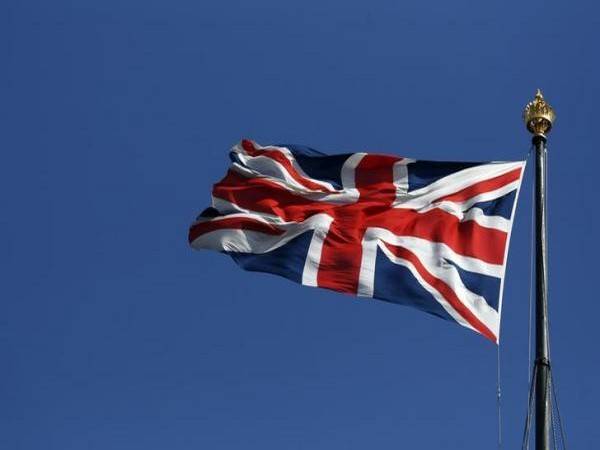The Talai and Kipsigis tribes claim that Britain has not shown any interest in redressing the issue, which has violated the European Convention on Human Rights…reports Asian Lite News
Two Kenyan tribes have filed a case against the government, European Court of Human Rights (ECHR) for alleged colonial abuses.
The Talai and Kipsigis have said in the lawsuit that these abuses include theft of land in Kericho, the tea-growing area of the African country, where area is still under the control of tea producing companies. The tribes are seeking $200 billion and an apology for the crimes.
The tribes claim that Britain has not shown any interest in redressing the issue, which has violated the European Convention on Human Rights.
“The British government has ducked and dived, and sadly avoided every possible avenue of redress,” Joel Kimutai Bosek, one of the lawyers who filed the case on Tuesday, was quoted as saying by UK-based The Times. “We have no choice but to proceed to court for our clients so that history can be righted,” the lawyer further said.
The tribes say that they faced torture while being forcibly evicted from their fertile land in the final days of British colonial rule to make way for plantations.
The complainants further said that they were forced to live in a valley infested with mosquitos, tse-tse flies and other insects as “punishment for resisting”. Their bites led to deaths, miscarriages and massive loss of livestock, the Talai further claimed.
The tribes returned to Kenya after it gained independence in 1963 but were unable to reclaim their land from tea companies.
“Today, some of the world’s most prosperous tea companies, like Unilever, Williamson Tea, Finlay’s and Lipton, occupy and farm these lands and continue to use them to generate considerable profits,” the tribes said in court filings, as reported by Metro.
They have also accused the British army of unlawful killing, rape, torture and imprisonment but won’t be the focus of the lawsuit, the outlet further said.
This is not the first time that the Kenyan tribes have raised the issue at international level. The claims were first flagged before the United Nations in 2019 after which an investigation was conducted. In 2021, six UN special rapporteurs, in a joint communique, expressed their concerns at the “alleged lack of accountability”, reported the BBC.
The British government said in response that they had apologised in 2013 and agreed to compensate the Kenyans who had been tortured during an uprising in the 1950s.
But the Kipsigis and Talai maintain that the case the British government referred to in its response is a separate case, the outlet further reported.
The victims — more than 100,000 were signatories to the UN complaint filed in 2019 — demanded an apology, and reparations for their homeland being usurped and reallocated to white settlers, who used the fertile soil to cultivate tea.
But lawyers for the Kipsigis and Talai said the British government had refused to meet with the victims or their representatives.
The victims’ legal team said it had made a submission to the EU court, which had yet to receive the application as of Tuesday afternoon.
“This is a historic day,” said Paul Chepkwony, the outgoing governor of Kericho County, who has fought for reparations for years. “We have taken all reasonable and dignified steps. But the UK government has given us the cold shoulder … we hope for those who have suffered for too long that their dignity will be restored.”
British redress for colonial-era crimes is rare but not unheard of. In 2013, Britain agreed on a multi-million dollar compensation settlement for Kenyans tortured by colonial forces during an uprising at the tail end of the British Empire.
The United Nations has said more than half a million Kenyans from the Kericho area suffered gross violations of human rights including unlawful killings and displacement during British colonial rule, which ended in 1963.
Many continue to suffer economic consequences from the theft of their land, the United Nations has said, even as that same land has become profitable for multinational companies.
The victims — more than 100,000 were signatories to the UN complaint filed in 2019 — demanded an apology, and reparations for their homeland being usurped and reallocated to white settlers, who used the fertile soil to cultivate tea.
But lawyers for the Kipsigis and Talai said the British government had refused to meet with the victims or their representatives.
The victims’ legal team said it had made a submission to the EU court, which had yet to receive the application as of Tuesday afternoon.
“This is a historic day,” said Paul Chepkwony, the outgoing governor of Kericho County, who has fought for reparations for years. “We have taken all reasonable and dignified steps. But the UK government has given us the cold shoulder … we hope for those who have suffered for too long that their dignity will be restored.”
British redress for colonial-era crimes is rare but not unheard of. In 2013, Britain agreed on a multi-million dollar compensation settlement for Kenyans tortured by colonial forces during an uprising at the tail end of the British Empire.
The United Nations has said more than half a million Kenyans from the Kericho area suffered gross violations of human rights including unlawful killings and displacement during British colonial rule, which ended in 1963.
ALSO READ-Food insecurity to spike in Kenya amid drought

